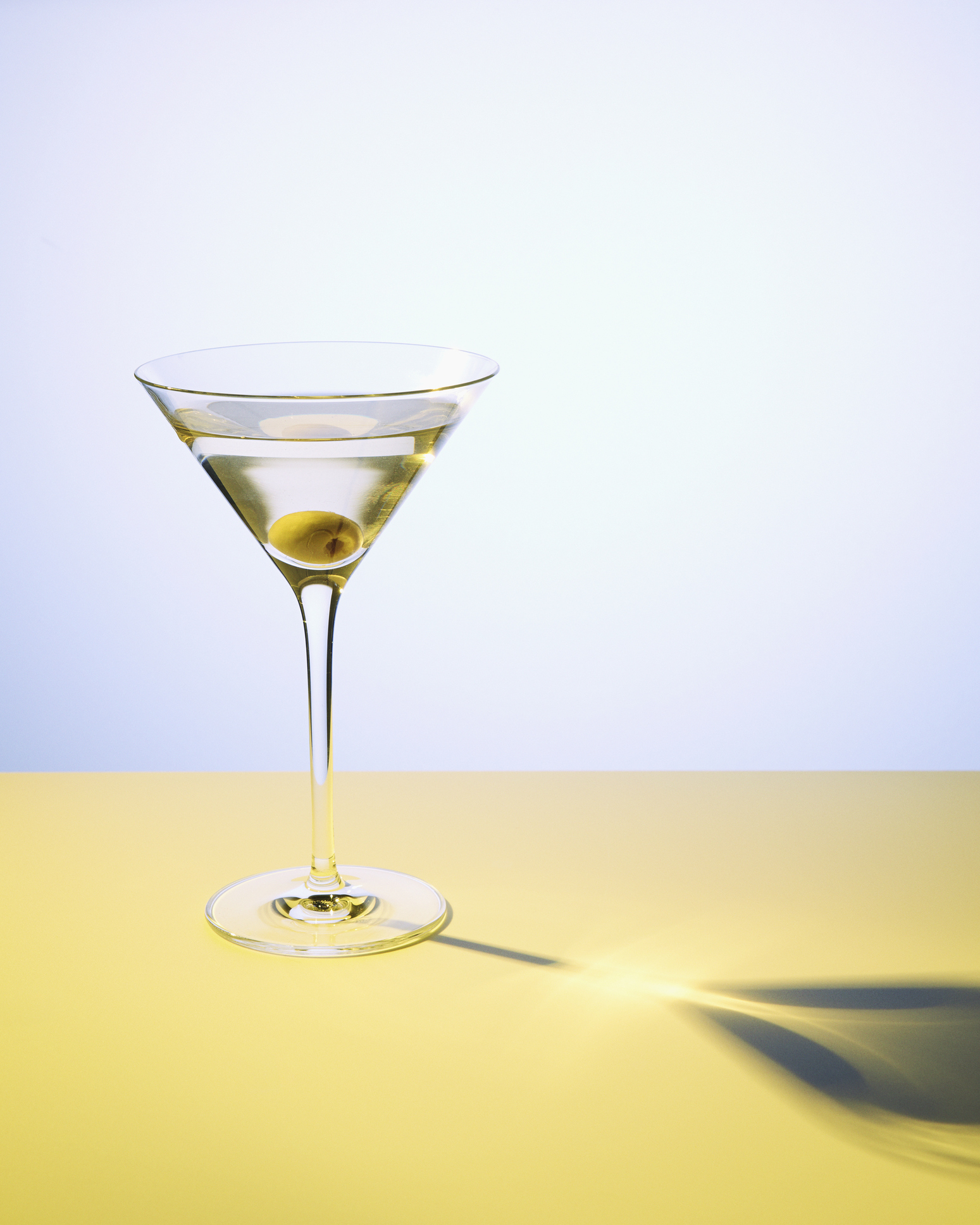
Vodka and gin are both grain-based spirits with a rich tradition of European distilling. Vodka is often associated with Russia; famous premium brands such as Stolichnaya, Russian Standard and Smirnoff were founded there. The Russians trace their vodka production all the way back to the late 9th century. Gin on the other hand is a relative newcomer.
The Dutch started production of a precursor to gin — genever — in the early 17th century as a medicinal spirit for ailments. In fact, a crude version of gin was given to British soldiers fighting in the 30 Years’ War to steel their spirits. If you’ve ever wondered where we get the term “Dutch courage,” now you know.
Gin vs. vodka: A difference of taste
While both vodka and gin are clear, colorless spirits that can be made from a variety of grains, including barley, wheat and potatoes, they differ in their flavor profiles. Vodka is virtually neutral and tasteless, while gin often has distinctive, herbal notes. So what accounts for the difference in flavor? Vodka is essentially pure alcohol mixed with water, which lends itself to more of an unfettered, clean finish. Original dry gin uses eight botanicals to achieve a unique, juniper-laden flavor.
In gin, a neutral grain alcohol is distilled with natural flavorings like cinnamon, orange peel and licorice, along with juniper. Brands such as Bluecoat in Philadelphia use a mix of, among other things, natural coriander seeds and angelica root. Where gin impresses with flavor, vodka relies on its mouthfeel and purity to really shine. A good vodka should be soft and smooth, never harsh or burning. All good gins should taste balanced but can range anywhere from citrusy and spiced to soft and floral.
Reserve: The Real Difference Between Whiskey, Bourbon, Scotch and Rye
Check out a few more key differences between vodka and gin, so the next time you’re in the mood for a stiff drink, you’ll know exactly which spirit to reach for:
1. Gin is great for simple cocktails.
The complex profile of gin really comes to life when mixed with straightforward flavors. Take the classic gin and tonic — the effervescence of the tonic, the hit of sweet quinine and a twist of citrus (lemon or lime) makes a deceptively basic drink come to life. The gimlet — with just gin, lime juice and simple (sugar) syrup — is another great refresher.
2. Vodka is best served ice cold.
Chilled vodka has a couple of benefits. Vodka is viscous at ice-cold temperatures, and that leads to a better mouthfeel. As there aren’t as many flavor compounds in vodka, chilling it doesn’t mute the flavors as it does with gin. For the best-tasting vodka experience, you may want to store yours in the freezer.
Reserve: 18 Pizzas You Should Be Grabbing a Slice Of
3. Either one makes a great martini.
Gin is the liquor of choice when it comes to a classic, smooth-drinking martini. Vodka also makes a killer martini, especially if you like yours on the dirty (i.e. spiked with olive juice) side.
4. Vodka is great for mixed drinks.
Vodka’s neutral taste is perfect for drinks where you want fruity or strongly flavored mixers to shine, rather than the botanicals of a gin. Better still, flavored vodkas can add another layer of depth to your cocktail. An orange vodka is perfect when used in a good-quality Cosmopolitan, and even coffee-flavored vodka is now available for the ultimate pick-me-up — the espresso Martini.
Reserve: Drink Your Vitamins With These 24 Fruit and Veggie Cocktails
5. Gin can be dry or sweet.
London dry-style gins, including Bombay Sapphire, Beefeater and Tanqueray, are ideal for when you want a no-nonsense beverage. Old Tom-style gins, like The Dorchester and Ransom, are less dry, providing the perfect base for a number of classic and craft cocktails. In The Martinez, made with Old Tom Gin, red vermouth, maraschino liqueur and a dash of good bitters, the subtle sweetness from the gin adds a nuanced hint of flavor that Manhattan and Negroni drinkers will love.
More Must-Reads from TIME
- Cybersecurity Experts Are Sounding the Alarm on DOGE
- Meet the 2025 Women of the Year
- The Harsh Truth About Disability Inclusion
- Why Do More Young Adults Have Cancer?
- Colman Domingo Leads With Radical Love
- How to Get Better at Doing Things Alone
- Michelle Zauner Stares Down the Darkness
Contact us at letters@time.com